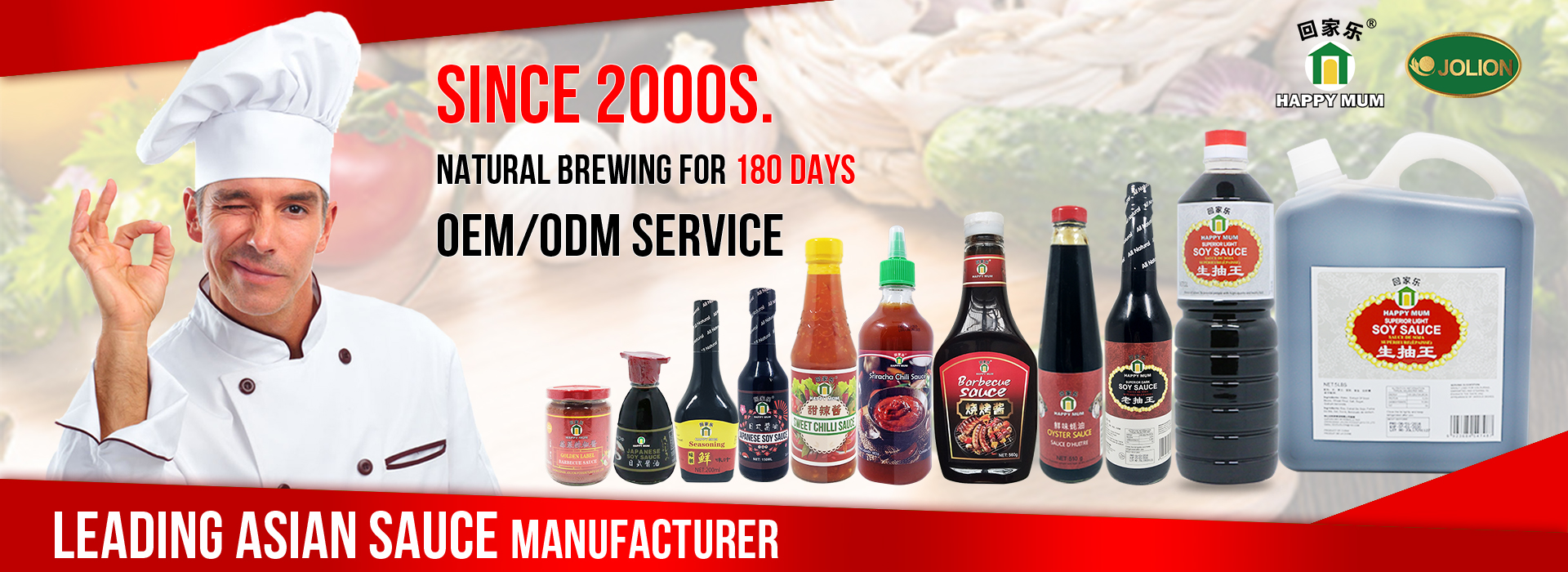
- Exploring JOLION Food's Exquisite Sauces and Noodles at SIAL PARIS 20242024-10-30SIAL PARIS, the renowned international food exhibition, is set to showcase a plethora of gastronomic wonders in 2024. Among the myriad of exhibitors, JOLION Food stands out as a beacon of culinary excellence, promising a delectable journey for food enthusiasts and industry professionals alike.
- The Mystery of Chilli Sauce2025-04-09
- Revealing The True Nature Of MSG2025-04-07
Sesame Oil vs. Olive Oil – A Deep Dive into Taste and Health
In the competitive culinary world, the quest for delectable flavors is paramount for restaurants striving to establish themselves. The choice of cooking oil plays a pivotal role in crafting those irresistible tastes that keep patrons coming back for more. Among the myriad of options available, two stand out prominently: sesame oil and olive oil. In this exploration, we will delve into the age-old culinary debate – Sesame vs. Olive Oil – to help you discern which one is the superior choice for enhancing your offerings and satisfying the discerning palates of your customers.

(Copyright photo from https://www.freepik.com/free-photo/chef-adding-oil-salad_7453244.htm#query=oil%20restaurant&position=2&from_view=search&track=ais)
What is Sesame Oil
What is sesame oil? Vegetable and edible, sesame oil is made from sesame seeds and is popular in Asian cooking. It comes in non-toasted and toasted categories. As for toasted sesame oil, the darker the oil, the stronger the flavor, while non-toasted sesame oil has a color similar to peanut oil. When we talk about sesame oil in cooking, we mean toasted stuff. Toasted sesame oil is famous for its rich and toasty taste. It has a distinct toasted sesame scent and adds flavor to recipes. The nutty aroma of toasted sesame oil makes it an essential part of Asian cooking.

What is Olive Oil
Olive oil is a kind of liquid oil squeezed from whole olives. The three main types are extra-virgin olive oil, regular olive oil, and light-tasting olive oil. It can be used in both cold or finishing preparations and cooking. Light-tasting olive oil has a mildly grassy taste, and thus, it can be used when you don't want the typical peppery taste of olive oil. Regular olive oil is the most versatile one with a neutral flavor.
Sesame Oil Vs. Olive Oil: Comparison
Now that you know the basic sesame and olive oil types, let's explore the question: sesame vs. olive oil, which will suit your requirements?
1.Sesame vs. Olive Oil - Nutritional Value Comparison
Calories and Fat Content
Regarding “sesame vs. olive oil,” one crucial aspect is their calorie and fat content. Both oils are high in calories, providing nearly 120 calories for each tablespoon. However, the fat content differs. Sesame oil contains more saturated fat, while olive oil is rich in heart-healthy monounsaturated fats.
Antioxidants
Sesame vs. Olive Oil in antioxidants, regarding this aspect, both two contain antioxidants offering potential health benefits. Sesame oil contains sesamol, lignans, and sesaminol, while hydroxytyrosol, tyrosol, and oleuropein are the compounds mainly responsible for olive oil's antioxidant activity.
Skin and Hair Benefits
Is sesame oil good for the skin? Sesame oil penetrates your skin tissue quickly and helps nourish and detoxify its deep layers. It can also strengthen hair follicles and let hair shine. Olive oil locks in moisture and prevents your skin and hair from drying.
2.Sesame Seed Oil vs. Olive Oil- Smoke Points Distinction
When it comes to deep frying, olive oil and sesame oil exhibit varying smoke points. Top-notch, unrefined extra virgin olive oil boasts a smoke point of approximately 400 degrees Fahrenheit, often meeting the requirements for deep frying. On the other hand, unrefined sesame oil has a smoke point of about 350 degrees.
3.Sesame vs. Olive Oil - Flavor Palette
Sesame and Olive oil, both of two bring unique tastes to cuisines all around the world. Commonly used in Asian cooking, sesame oil is a good companion for stir-fries, noodles, marinades, etc. Olive oil is frequent in the Mediterranean diet, whose fruity and grassy taste perfectly complements spaghetti, grilled vegetables, salads, etc.

For more information about sesame seed oil for cooking, please also read Unveiling the Truth: Is Sesame Oil Really Gluten-Free?
Get the Best Sesame Cooking Oil From Jolion Foods
Sesame oil and olive oil have their advantages, and sesame oil has witnessed a growing popularity among restaurant chefs. To get top-quality sesame oil, we recommend Jolion Foods' edible sesame oil. With over twenty years of experience, Jolion Foods is an expert in traditional Chinese sauces. At Jolion Foods, we understand the importance of a healthful and delightful culinary journey. That's why we have meticulously crafted our wholesale sauces to encompass the perfect harmony of taste and well-being. Jolion Foods understands that every culinary venture has its unique requirements, and our team is dedicated to collaborating with you to meet your needs. Our commitment to customer satisfaction is showcased by competitive wholesale pricing, ensuring that you receive top-quality sauces and condiments without compromising your budget.
Related News
- 2025-04-09The Mystery of Chilli Sauce
- 2025-04-07Revealing The True Nature Of MSG
- 2025-04-15The All-Natural Goodness of JOLION Foods Vegetarian Oyster Sauce: A Culinary Delight
- 2025-04-14From Condiment to Culinary Essential: Why Every Chef Needs Mushroom Soy Sauce
- 2025-04-13The Relationship Between Vinegar and Ammonia: Insights from JOLION Foods
- 2025-04-12Why Quality Matters: The Superior Ingredients of JOLION Foods Soy Sauce
Start Your Seasoning Sauce Business by a Free Quote
GET FREE QUOTES
If you are interested in our services, let's have a try on the first project
